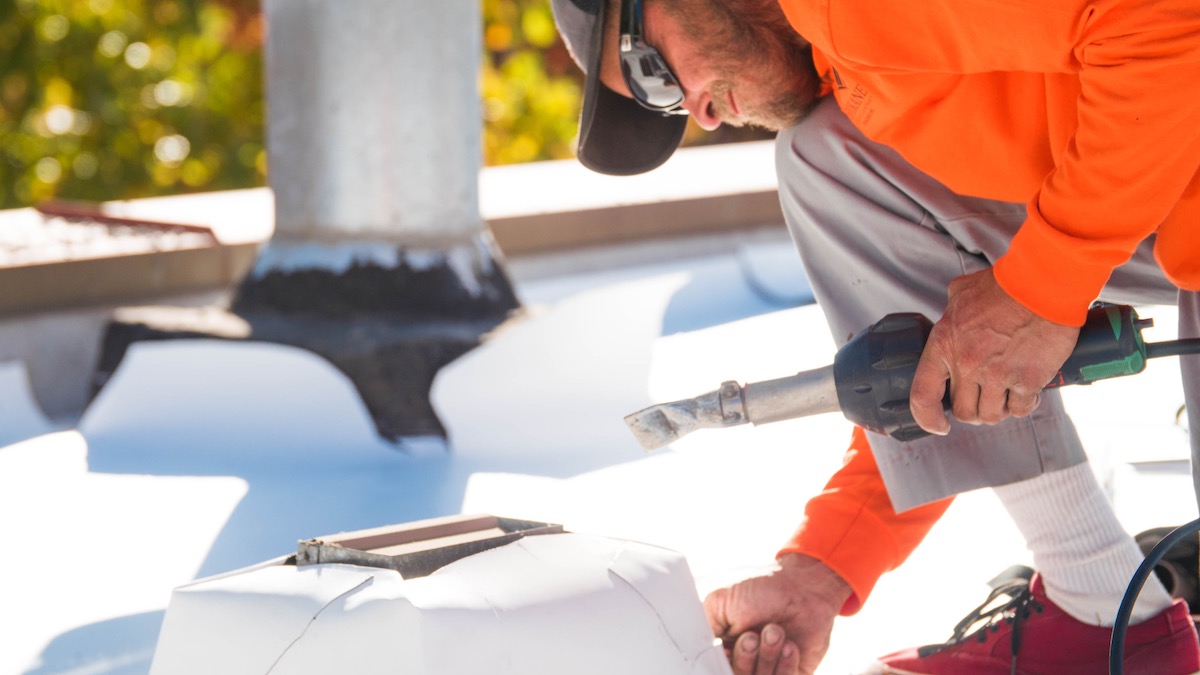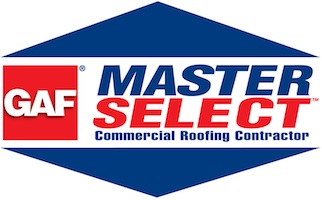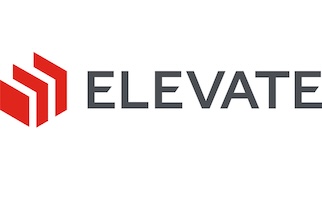
Thermoplastic polyolefin or TPO is a single-ply membrane roofing system that has become the industry standard for commercial flat roofs since its development in the early 1990s. In my opinion, TPO is the best roofing product out there for reflective flat roofs.
Alliant Roofing Company began transitioning to TPO about 20 years ago from ethylene propylene diene monomer (EPDM), a synthetic rubber membrane which had replaced hot-tar roofing materials. As with any new product, there were a few manufacturing bumps in the beginning. Most top-of-the-line commercial roofing contractors almost exclusively apply TPO now. There are numerous competent, roofing materials manufacturers, including Johns Manville and Carlisle, but we typically use GAF and Elevate.
TPO’s Advantages
TPO has numerous advantages over previous commercial roofing systems. It is economical in comparison to polyvinyl chloride (PVC), its current roofing industry, primary competitor.
Lower Materials and Labor Costs
TPO saves money for building owners because of lower materials and labor costs.
TPO project costs will vary depending on your scope of work and average from $5.50 to $7.50 per square foot. Project variables include membrane thickness (60 mils to 80 mils), backing (standard and fleece-back reinforced) and application method. Automated, hot-air welders join the sheets of TPO membrane together, greatly lowering labor costs while maintaining quality.
The use of TPO prefabricated accessories ensures uniform installation around roof structures and penetrations, at much lower costs than field fabrication. Roof installers use hand-held, hot air welders to join the TPO accessories to the main portion of the roof.
Greater Energy Efficiency
TPO’s white reflective membranes exceed the Environmental Protection Agency’s (EPA) Energy Star requirements. The gray and tan membranes are listed with the Cool Roof Rating Council.
Strong And Flexible
Fiberglass reinforcement makes TPO strong and flexible. Its hot air-welded seams are less vulnerable to weather damage than other systems, which rely on adhesives to hold membranes together. TPO’s seams are 3-4 times stronger than EPDM’s adhesive and tape seams.
TPO is one of the few 100% recyclable roofing materials available. Its durability makes it resistant to tears, punctures, and impact damage. In comparison to other systems, TPO’s average life is 20 years, with far fewer necessary repairs than other materials. Its smooth, single-ply membrane stays clean longer than other systems, resisting dirt, bacteria, algae, and debris buildup. Like all commercial flat roofs, TPO membrane roofs do require semi-annual maintenance to keep drains and scuppers clean.
Wider and Lighter
TPO membranes are typically wider and lighter than other roofing materials, making them easier to install and resulting in further savings for building owners. Membrane widths range from 4 to 20 feet, in rolls up to 100 feet long.
Architectural Design Firms Specify TPO
More and more of Alliant Roofing Company’s work is completed to specifications developed by architectural design firms associated with large projects. The bigger the job, the more likely it is that multiple contractors will be involved. The best architects understand every facet of a project, including the roofing system. That means performing all the due diligence prior to providing specifications, as well as understanding how a quality roofing system is assembled.
For a commercial roofing contractor, it is critical that architectural designers perform a core cut on the old roof. Specifications that skip this step often will show up as problems later in a project. A quality core cut helps analyze a roof for thickness, number of layers, composition, insulation depth, slope, presence of hazardous materials, type of roof deck, and possible presence of moisture trapped in the old materials.
Applying TPO Membranes
There are three main ways to apply TPO membrane roofing systems: mechanically attached, fully adhered and ballasted.
- A mechanically attached system uses TPO screws rather than glue, reducing the weight load, avoiding the high cost of bonding adhesive and labor, and providing a perimeter frame which prevents wind from uplifting the roof system.
- A fully adhered system (FAS) is glued down with bonding adhesive and is also lightweight and resistant to wind uplift. This method is also suitable for unusual roof configurations.
- A ballasted roof system typically uses gravel, pavers, or vegetation to hold roofing components in place. The ballast is much heavier than the screws or glue used with the mechanically attached or fully adhered roof system.
We do not install many ballasted roofs, but we take a lot of them off!
What Goes Under a TPO Roof?
What goes under a commercial TPO roof depends upon whether the scope of work is a roof replacement or a roof recover.
A commercial roof replacement project starts with removing all layers of the existing roof, down to the roof deck made of wood, oriented strand board (OSB), concrete or metal. We then install TPO roofing underlayment comprising a vapor barrier, layers of insulation, a roof taper system (optional) and roof board. The TPO single-ply membrane roofing and prefabricated accessories go on last.
A commercial roof recover project starts with installing an insulated recover board over the existing roof, followed by the TPO single-ply membrane roofing and prefabricated accessories. Optional layers of polyisocyanurate (polyiso) or expanded polystyrene (EPS) insulation might precede installation of the recover board.
A metal roof retrofit is a special type of commercial roof recover project. We fill the roof flutes with prefabricated insulation, before installing a recover board and TPO membrane roofing.
Still Have TPO Roofing Questions?
Of course you do. Alliant Roofing Company helps building owners and architects alike to understand the roofing components that best fit their projects’ needs. Call Alliant Roofing’s manufacturer-certified, commercial roofing experts today at 1-833-228-8622 to answer all of your TPO roofing questions or schedule a free TPO commercial roof inspection.


